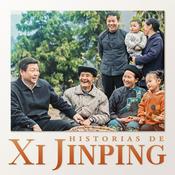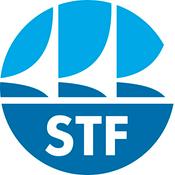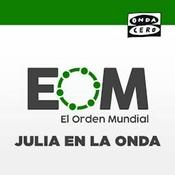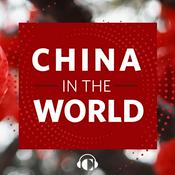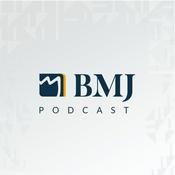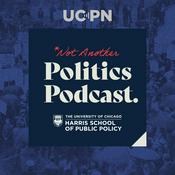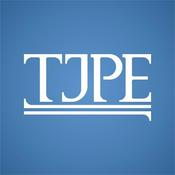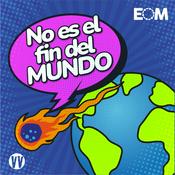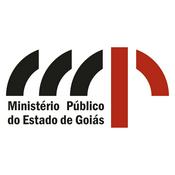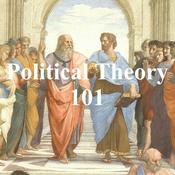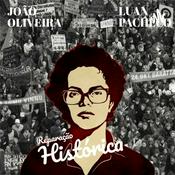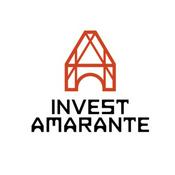46 episódios
- We asked a simple, generative question: Which systems have we replaced, and with what alternatives? A clear chorus answers: we’ve lost too much to speed and spectacle, and we’re committed to building slower, more human infrastructures of care. Across voices, we hear a shift from optimization to stewardship, from extraction to relation, from technology to meaning.
“We’ve emphasized education and the arts and rethought our political infrastructure for something more humane.” —Radha M.
This is a practical imagination. It doesn’t trade in slogans; it drafts replacements—communication that protects dignity, mobility that privileges access, governance that codes care, and practices that rehearse the futures we want. Which system will you replace—and what will you grow there instead?
Learn more about Deem at www.deemjournal.com Phase 2: Unearthing Values & Desires | Enough, Reimagioned: From Clocks to Capacity
09/10/2025 | 2minWe asked a body-level question: What does “enough” look and feel like—of time, resources, rest? What emerged isn’t a finish line but a practice. Voices move from accumulation to sufficiency (“needs—with a handful of wants”), from schedules to presence (“time, not clocks”), from lone resilience to shared accountability. “Enough” shows up as a calmer nervous system and a commons that redistributes care—room to breathe, margin for the unknown, and infrastructures that make slowness livable.
“Enough isn’t a destination—it’s a practice.” —Sophia F.
The invitation is practical and collective: how do we design for capacity, not just velocity, so everyone has time to belong? This week, what single ritual could you add—or what metric could you retire—to build your capacity to rest and respond?
Learn more about Deem at www.deemjournal.com- Across these voices, freedom isn’t a destination; it’s a practice. It appears as chosen absence—leaving the phone behind and meeting the world unmediated. It shows up as chosen presence—tending a youth garden with a child, anchored to land and purpose. And it arrives as chosen attention—making space for curiosity even while money, health, and deadlines hum in the background.
Two tensions thread the tape. First, freedom versus feeling free: several voices name the gap between the performance of ease and the structural conditions that make ease possible—or impossible. Second, solitude versus community: for some, freedom is sensory quiet and softened obligations; for others, it’s the company of people whose unguarded expression rubs off, reminding us freedom can be contagious.
“So feeling free doesn’t always mean freedom or equate to having freedom. Feeling free is just a feeling.” —Robert S.
Freedom is evolving and improvised, found in small choices that let us reclaim scale and self amid obligation. If freedom is a practice, what will you subtract—or what will you stand closer to—this week to make room for it?
Learn more about Deem at www.deemjournal.com - Community-oriented arts organizations are the lifeblood of their communities, and support for their work is more vital than ever. Yet, they are often the hardest for large funders to reach. The Wallace Foundation believes that intermediary regranting organizations, often overlooked, can play a pivotal role in bridging this gap to get support where it is needed most.
As part of its Advancing Well-being in the Arts initiative, a five-year initiative supporting arts organizations rooted in communities of color, Wallace partnered with the six Regional Arts Organizations (RAOs) on regranting efforts that sought to better understand and alleviate the constraints intermediaries may face when undertaking equitable regranting efforts.
In this GIA podcast episode, we will hear from Juan Souki (Mid-Atlantic Arts), Anika Tené (Creative West), and Joy Young (formerly South Arts) in conversation with Bahia Ramos (Wallace Foundation).
This podcast was recorded on September 5, 2025 Podcast #58: The Myths of Philanthropy: Exploring Narratives that Define What is Possible
23/7/2025 | 38minWhat assumptions have we inherited that limit the transformative potential of philanthropy? And how can funders release ourselves from the constraints of these limiting beliefs? In this episode, GIA is joined by Mandy Van Deven (Elemental), Zaineb Mohammed (Kataly Foundation), and Erin Williams (Constellations Culture Change Fund and Initiative) to explore some of the narratives that underpin common practices in philanthropy and provide examples of funders that have adopted ways of thinking and being that accelerate progress toward a more just and joyful world.
Building from The Myths of Philanthropy series that was published by the Center for Effective Philanthropy, the Association of Charitable Foundations, and VITA, this conversation challenges cultural funders to imagine what becomes possible when we shift the narrative: from scarcity to abundance, from rigid structure to iterative practice, and from donor darlings to a flourishing ecosystem. Listeners will walk away with bold insights on how narrative strategy isn’t about magic words, messaging, and single stories, and a better understanding of the role funders can play through the application of resource redistribution and other acts of solidarity that enable our collective liberation.
Mais podcasts de Ciência política
Podcasts em tendência em Ciência política
Sobre GIA Podcast
Podcast by Grantmakers in the Arts
Site de podcastOuça GIA Podcast, Historias de Xi Jinping e muitos outros podcasts de todo o mundo com o aplicativo o radio.net

Obtenha o aplicativo gratuito radio.net
- Guardar rádios e podcasts favoritos
- Transmissão via Wi-Fi ou Bluetooth
- Carplay & Android Audo compatìvel
- E ainda mais funções
Obtenha o aplicativo gratuito radio.net
- Guardar rádios e podcasts favoritos
- Transmissão via Wi-Fi ou Bluetooth
- Carplay & Android Audo compatìvel
- E ainda mais funções


GIA Podcast
Leia o código,
baixe o aplicativo,
ouça.
baixe o aplicativo,
ouça.

